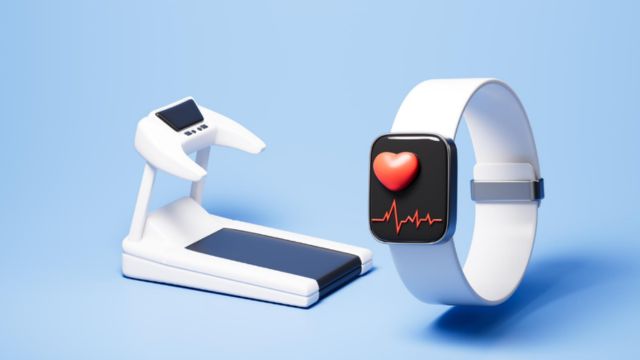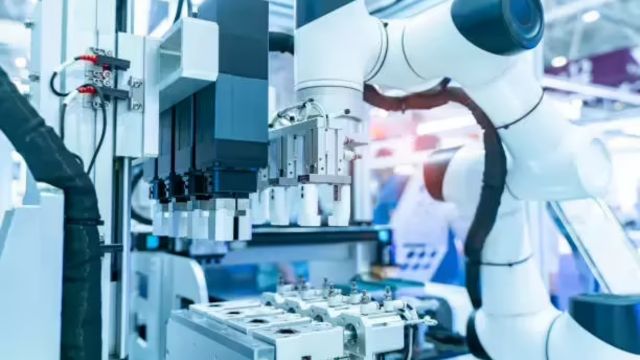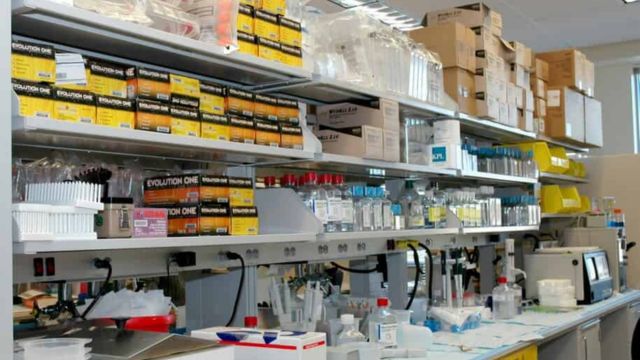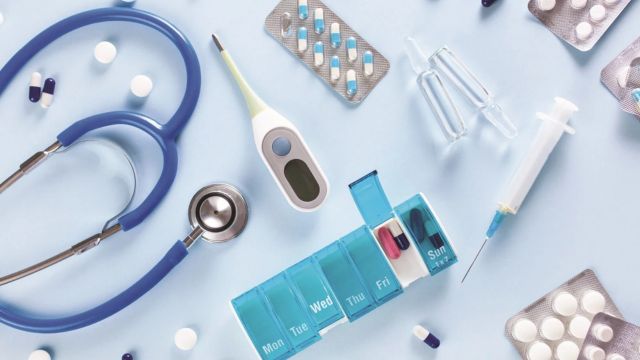The way clinical engineering teams approach operational efficiency and maintenance is being transformed by the inclusion of artificial intelligence (AI) into medical device manufacture. Predictive maintenance—which employs data-driven insights to forecast and avoid certain issues before they occur—is among the most powerful uses of artificial intelligence in this industry. Along with guaranteeing the dependability and lifetime of medical equipment, this sophisticated technique improves patient safety, lowers downtime, and lowers running expenses.
Through predictive maintenance, its advantages, difficulties, and practical applications, artificial intelligence (AI) is changing the scene of medical device manufacture in this paper.
What is Predictive Maintenance in Medical Device Manufacturing?
Predictive maintenance is the application of machine learning, artificial intelligence, and data analytics to forecast when an equipment or medical device might fail. Predictive maintenance allows healthcare engineers respond before issues start, unlike conventional maintenance methods which either wait for a failure to occur (reactive maintenance) or do routine checks (preventive maintenance).
Analysing enormous volumes of data from sensors included in medical devices helps artificial intelligence to be quite important. It tracks equipment conditions like temperature, vibration, pressure, and usage trends constantly. AI systems can predict possible problems by spotting trends in this data, so allowing prompt maintenance that might avoid expensive repairs or gadget failures.
You may like this: Advanced Materials & Technologies Revolutionizing the Future of Medical Device Manufacturing
How AI Works in Predictive Maintenance
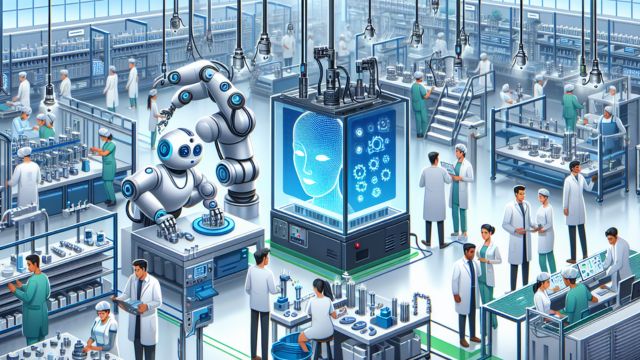
- Data Collection:
Medical devices equipped with sensors gather real-time data from their operational environment. This data can include physical parameters like temperature, humidity, vibration, and load. Devices such as MRI machines, ventilators, and infusion pumps can generate terabytes of data every day. - Data Analysis:
AI and machine learning models process this data to detect anomalies, identify trends, and recognize patterns that may indicate early signs of wear or impending failure. For instance, an increase in vibration levels in a medical pump may suggest that a mechanical component is deteriorating. - Predictive Models:
AI models are trained on historical data to understand normal operating conditions and predict when maintenance will be required. Over time, these models improve in accuracy as more data is collected, making the predictions even more precise. - Maintenance Recommendations:
Once a potential failure is identified, AI systems can notify clinical engineers with predictive alerts, detailing the specific components that need attention. The recommendation can include preventive measures such as part replacement, calibration, or software updates, helping engineers take corrective actions before the failure occurs.
Benefits of AI-Driven Predictive Maintenance in Medical Device Manufacturing
- Improved Equipment Reliability and Longevity
Predictive maintenance significantly improves the reliability and longevity of medical devices. By catching issues before they cause significant damage, manufacturers can reduce unexpected downtime and ensure that medical devices remain in optimal working condition, ultimately increasing their lifespan. - Cost Savings
By reducing the need for reactive repairs, predictive maintenance minimizes repair costs and expensive emergency service calls. It also lowers the cost of parts replacements by preventing catastrophic device failures, which may require costly overhauls. - Enhanced Patient Safety
Medical devices play a crucial role in patient care, and failure of such devices can result in severe consequences. AI-enabled predictive maintenance ensures that medical devices are always functioning at peak performance, minimizing the risk of equipment failure during critical procedures. - Operational Efficiency
AI allows clinical engineers and healthcare facilities to optimize their maintenance schedules, ensuring that resources are used effectively. Rather than conducting frequent, unnecessary maintenance checks, AI systems help prioritize maintenance tasks based on real-time device health data. - Compliance and Regulatory Advantages
Predictive maintenance not only optimizes device performance but also helps manufacturers meet stringent regulatory standards. AI-driven systems ensure compliance with safety standards, such as those enforced by the FDA and ISO, by providing detailed records and traceability of maintenance activities.
Challenges in Integrating AI for Predictive Maintenance
- High Initial Investment
One of the main challenges of integrating AI into medical device manufacturing is the upfront investment required for installing sensors, upgrading systems, and training staff. While the long-term benefits far outweigh the costs, some manufacturers may face challenges in securing funding for the initial setup. - Data Privacy and Security
Medical data is highly sensitive, and the use of AI for predictive maintenance requires robust cybersecurity measures. Manufacturers must ensure that all data collected from devices is securely stored and complies with healthcare data protection regulations such as HIPAA. - Technical Complexity
Implementing AI-based predictive maintenance systems requires a deep understanding of both AI technologies and the specifics of medical devices. Clinical engineers may require specialized training to effectively use AI tools and interpret data correctly. - Integration with Existing Systems
Integrating AI-powered systems with legacy equipment and infrastructure in existing healthcare facilities can be challenging. It requires careful planning and coordination to ensure smooth operation and interoperability between new AI solutions and older devices.
Real-World Applications of AI in Medical Device Manufacturing
- GE Healthcare:
GE has successfully implemented AI-driven predictive maintenance in its medical imaging equipment, including CT scanners and MRI machines. By using real-time data from sensors embedded in these devices, GE’s AI system predicts failures, schedules maintenance, and ensures minimal downtime, ultimately improving the availability of critical medical imaging tools. - Philips Healthcare:
Philips uses AI in its remote monitoring solutions for medical devices. The system collects and analyzes data from ventilators and patient monitoring equipment, predicting maintenance needs and allowing healthcare providers to address issues before they disrupt patient care. - Siemens Healthineers:
Siemens utilizes AI to monitor the condition of its medical devices like X-ray machines and ultrasound equipment. Their system continuously evaluates device health, providing predictive insights that enable engineers to perform preventive repairs and ensure regulatory compliance.
You may like this: How IoT and Industry 4.0 Revolutionize Medical Manufacturing: Benefits, Implementation, and Challenges
Conclusion
For the production of medical devices, AI-driven predictive maintenance marks a revolution. Manufacturers may greatly save operational costs, improve patient safety, and minimise downtime by using artificial intelligence to foretell failures before they start. Integrating artificial intelligence into medical device manufacture will change as technology develops, become more efficient, accessible, and absolutely vital for the direction of healthcare.
Our team at JandJ Supplies is committed to keep you informed on the most recent developments in healthcare technologies, clinical engineering, & medical equipment. Use our industry insights and news updates to stay updated and maintain the seamless running of your business.
Visit JandJ Supplies for the most recent advances in clinical engineering & medical device manufacture. With innovative industry news, best practices, and professional advice on operations optimisation, keep ahead of the curve. To get further information or to be directly emailed updates, contact us or sign up for our newsletter!



